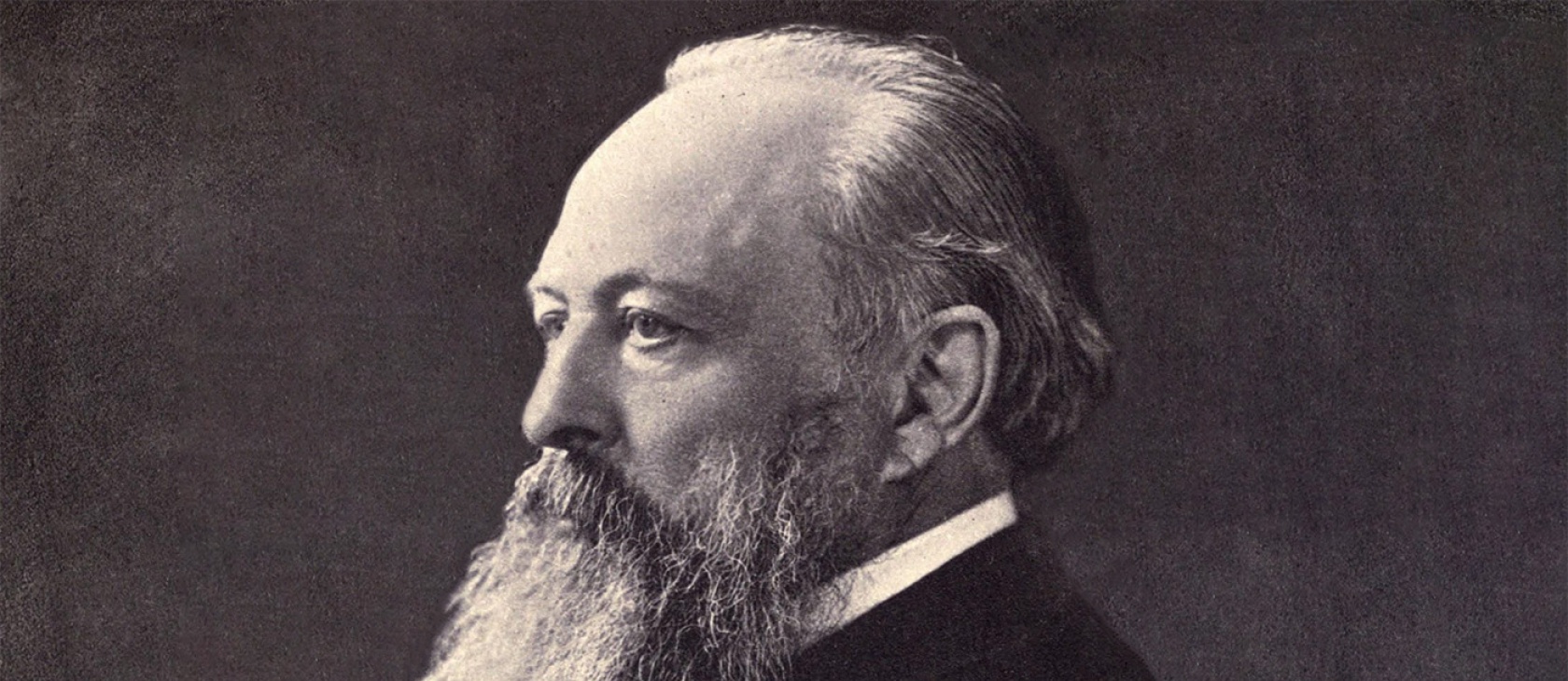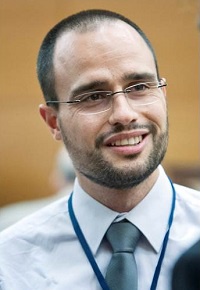Lord Acton is best known his famous expression, "Power tends to corrupt, and absolute power corrupts absolutely” (Letter to Bishop Mandell Creighton, April 5, 1887. In Acton, Historical Essays and Studies, edited by J.N. Figgis and R.V. Laurence. London: Macmillan, 1907). But there was much more to his thought than this one, pithy dictum. To understand what he meant by this phrase, we must understand his views about human nature, liberty, power, and society.
“Acton is known as the historian of freedom,” wrote Johann Christian Koecke in “Freedom of Thought and Commitment to God.” In Acton’s writing, “[f]reedom is the predominant theme, his life’s theme. There are authors who write about freedom, and yet their texts (and the authors themselves) make it appear as though there were a barricade between themselves and their subject.”
Lord Acton would never be mistaken for an anarchist. In his view, exercising power and authority are necessary to preserve the order within society. However, he condemned absolute power, because it does not respect human dignity, something he found intimately bound up with liberty.
Yet Acton, who considered himself more of an historian than a philosopher, made clear in his two volumes The History of Freedom in Antiquity and The History of Freedom in Christianity that he believed the essence of the word liberty had never been well interpreted. Beginning with Jesus Christ’s teachings about liberty in the Gospel, he wanted to clarify this word, in order to avoid the misinterpretations, confusion, and polemics which he saw forming the basis of harmful political ideologies.
For Acton, “Liberty [is] not…the power of doing what we like, but the right of being able to do what we ought” (“The Roman Question.”). Alternately, liberty is “the assurance that every man shall be protected in doing what he believes his duty against the influence of authority and majorities, custom and opinion” (“The History of Freedom in Antiquity”).
Conscience takes priority for Acton. Commenting upon Lord Acton’s ideas, Christoph Bohr wrote: “No interests of any kind may limit a person’s right. Nothing and no one has the authority to interfere with the voice of the conscience.” But in a totalitarian political system, human liberty is revoked.
The light of a well-formed conscience cannot exist, Acton believed, in an absolutist political system, in which men are constricted to live according to ideologies imposed by the authority (Cf. Add. Mss. 4980, p. 31). Therefore, he extolled the separation of powers: that public interests should be separated from private rights, as should religious power from political power. To the conflict between secular and church rulers, he wrote:
we owe the rise of civil liberty. If the Church had continued to buttress the thrones of the kings whom it anointed, or if the struggle had terminated speedily in an undivided victory, all Europe would have sunk down under a Byzantine or Muscovite despotism. For the aim of both contending parties was absolute authority. But although liberty was not the end for which they strove, it was the means by which the temporal and spiritual power called the nations to their aid. The towns of Italy and Germany won their franchises, France got her States-General, and England her Parliament out of the alternate phases of the contest; and as long as it lasted it prevented the rise of divine right.
In Acton’s thought, there is a symbiosis between liberty and the division of power. When people are free, they can divide the power in a society; and when there is a power division, people are freer (Cf. Add. Mss. 5011, p. 277).
Freedom depends on a well-formed conscience, Acton wrote. No political law can replace it. “The true guide of our conduct is no outward authority, but the voice of God, who comes down to dwell in our souls, who knows all our thoughts, to whom are owing all the truth we know, and all our thoughts, to whom are owing all the truth we know, and all the good we do; for vice is voluntary, and virtue comes from the grace of heavenly spirit within” (“The History of Freedom in Antiquity”).
Conscience on its own is not enough, because it could be poorly formed. In his thinking, in turn:
[C]onscience depends on, or is or is parallel with clear notions of ethics. Obscure ethics indicate imperfect conscience. Therefore obscure ethics imply imperfect liberty. For liberty comes not with any ethical system, but with a very developed one (Add. Mss. 5395).
For Acton, freedom is part of human essence. In this sense, for him, “absolute power demoralizes” (Add. Mss. 5626, p. 10), because it inhibits the free exercise of a well-formed conscience. Absolutism is “always accompanied by corruption of morality,” he wrote (Add. Mss. 4916, p. 56). This context gives sheds new light on his well-known aphorism that “power corrupts.” It corrupts not only the rulers but their subjects.




